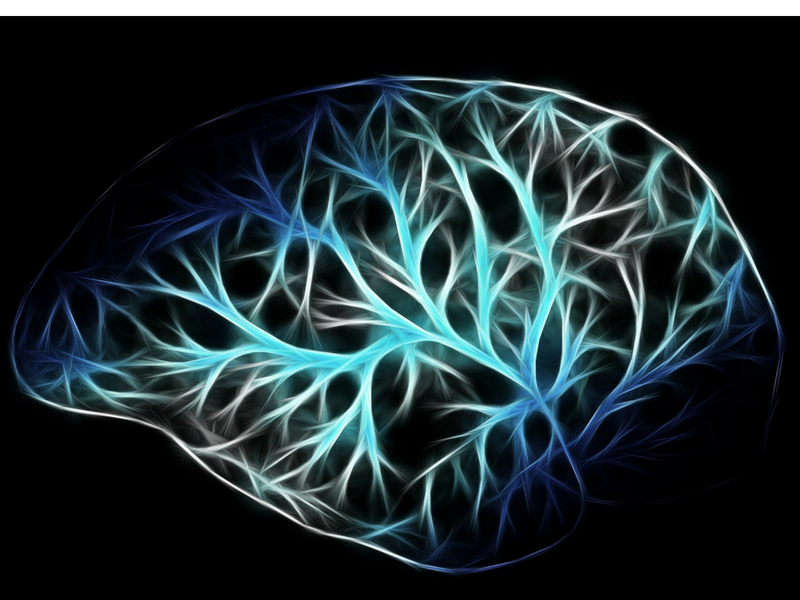The chemical messengers of thought
Did you know that, in every moment, our body puts in place physiological reactions in response to our thoughts?
It has been proved how thinking stimulates and influences our brain’s activity, which, in response, it releases neuropeptides and neurotransmitters simultaneously everywhere in our body.
Neuropeptides and neurotransmitters are chemical messengers, substances which transfer information within our system and which create the complex communication network that connects mind, brain and body.
These molecules have been called in this way because once it was believed that they were located exclusively in the brain. Only recently it has been discovered that they are present everywhere in the body.
These molecules have the characteristic to inform instantly the mind-brain-body triad about all events happening in the system, allowing the self-regulation of the same. In fact, this allows every single cell to react according to the information received and to maintain coherence and balance in the entire organism.
Our mental states activate this communication network that floods the body of information, and vice-versa, when the body experiences an alteration in a peripheral organ, in this case the information is transmitted at the cerebral level also modifying the mental state.

It is interesting to know that neuropeptides and neurotransmitters control practically all the functions of the body: from digestion to hormones, to feeling happy, sad, angry or stressed. In fact, every emotional state is related to a type of neurotransmitter, for example serotonin is linked to good mood, GABA to tranquillity, endorphins to a feeling of well-being, and so on.
To give an example, serotonin is responsible for good mood, body temperature control, sexual desire, sleep and gastrointestinal functions. When we are very sad, the serotonin drops drastically and sleep is disturbed, the libido is lower and gastrointestinal dysfunctions such as gastritis or colitis can occur. When we are happy instead, these parameters are regular and involve other neurotransmitters such as endorphins, natural opioids against pain, while the immune defences are enhanced, as the immune system is also involved in the release of neurotransmitters.
Here I would like to mention Candace Pert, a famous neuroscientist (1946-2013), who was a significant contributor to the function of neurotransmitters and neuropeptides. Candace Pert has named these informational substances the “molecules of emotion”, since our emotions not only are electromagnetic fields that determine our vibrational state, but they also are biological manifestations.
Emotions, being molecules, activate and deactivate the expression of genes and contribute to the production of proteins, which determine our state of health and our physical structure. In fact, a predominantly frantic and frustrated person will probably have a more rigid and contracted posture, as if he were constantly fighting towards an external danger; someone who is more affected by impotence will have more closed shoulders and will try to defend himself from the dangers of the surrounding environment. It is very interesting to highlight that the real danger, in both cases, is not objectively existing, but is present only in the perception and reasoning carried out by the individual that inevitably lead him to react with attack and defence schemes.
Here a wonderful world opens up to us: our thoughts and our emotions are a powerful technology of the human body, of which we have been gifted, and they allow us to feel good or not, to stay healthy or to be sick, to realize our goals or to fail!
#EmotionalWellbeing
